World Vegan Day 2025 Highlights India’s Growing Move Towards Sustainable Protein
India’s culinary traditions have long revolved around plant-based food, with lentils, pulses, and paneer forming the backbone of most vegetarian diets. But a quiet revolution is reshaping the way the country looks at protein. With increasing awareness about health, climate change, and animal welfare, tofu and other sustainable alternatives are finding a growing space in Indian kitchens. Once limited to niche vegan cafes, plant-based proteins are now being added to daily meals, redefining how India consumes its most essential nutrient — protein.
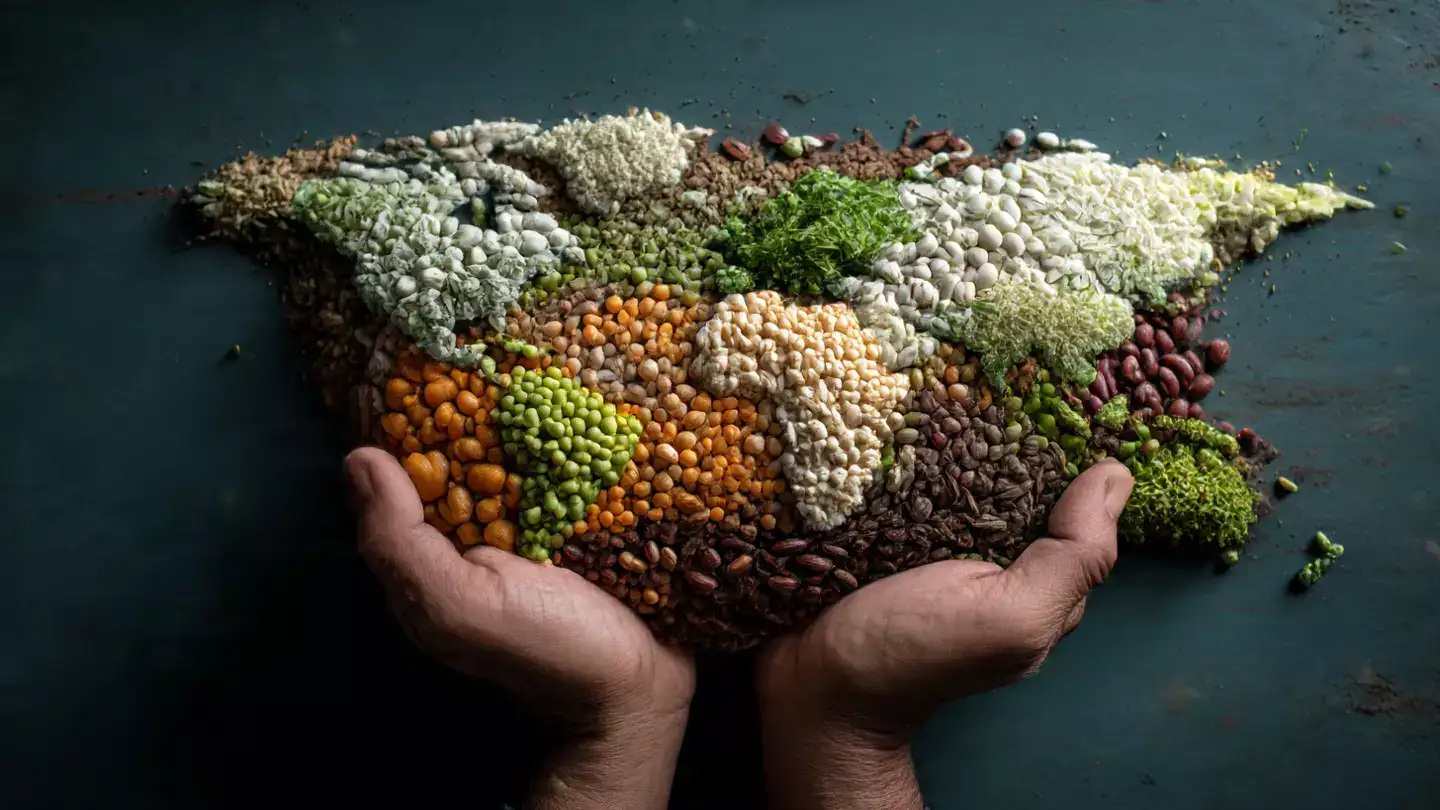 Image Courtesy: Meta AI
Image Courtesy: Meta AI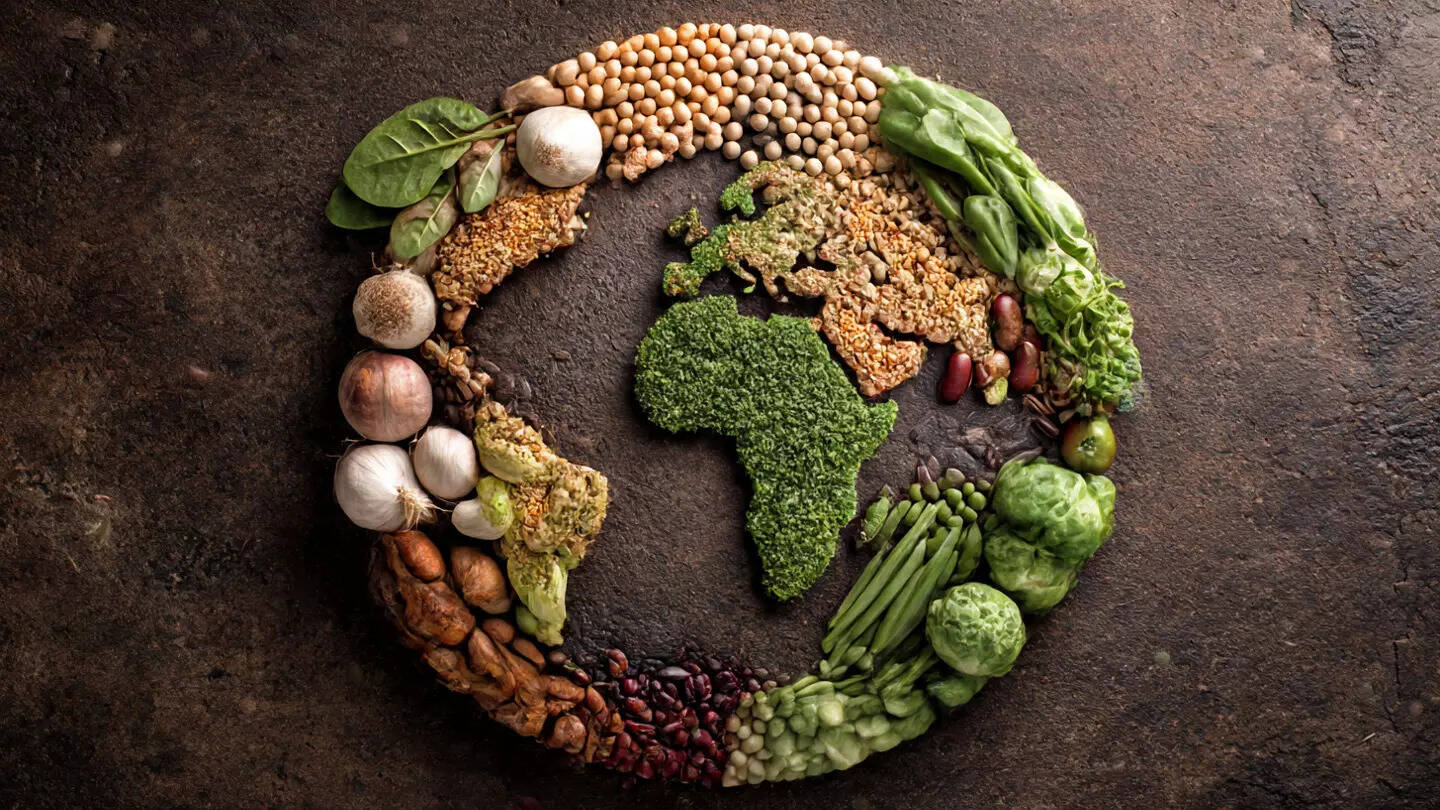
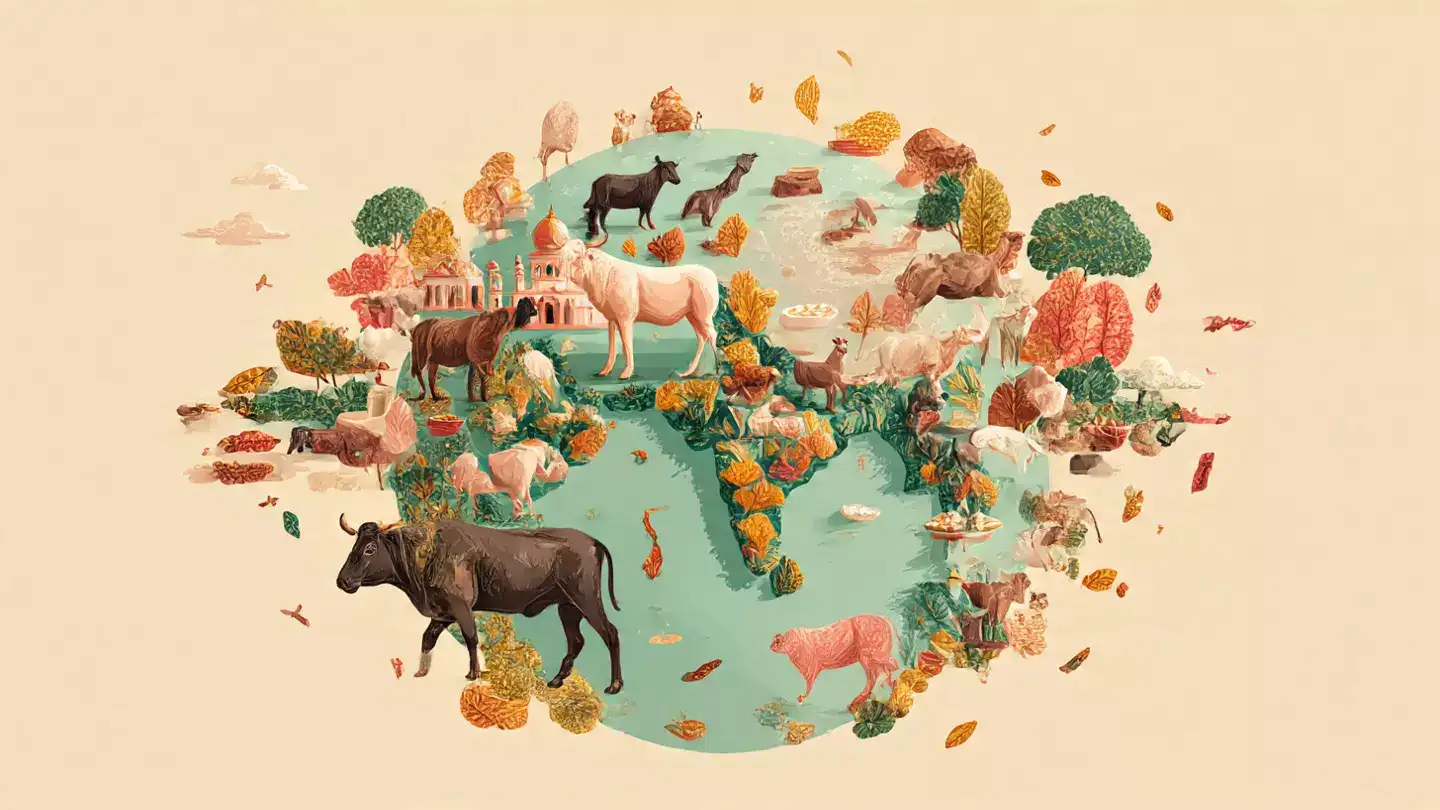 Image Courtesy: Meta AI
Image Courtesy: Meta AI
This movement aligns naturally with India’s long-standing vegetarian ethos. While the country has always celebrated lentils, beans, and cottage cheese, tofu — a soy-based protein — has become a modern addition to this traditional list. It offers an eco-friendly and nutritious solution to India’s growing protein gap, catering to both vegetarians and those looking to reduce their carbon footprint.
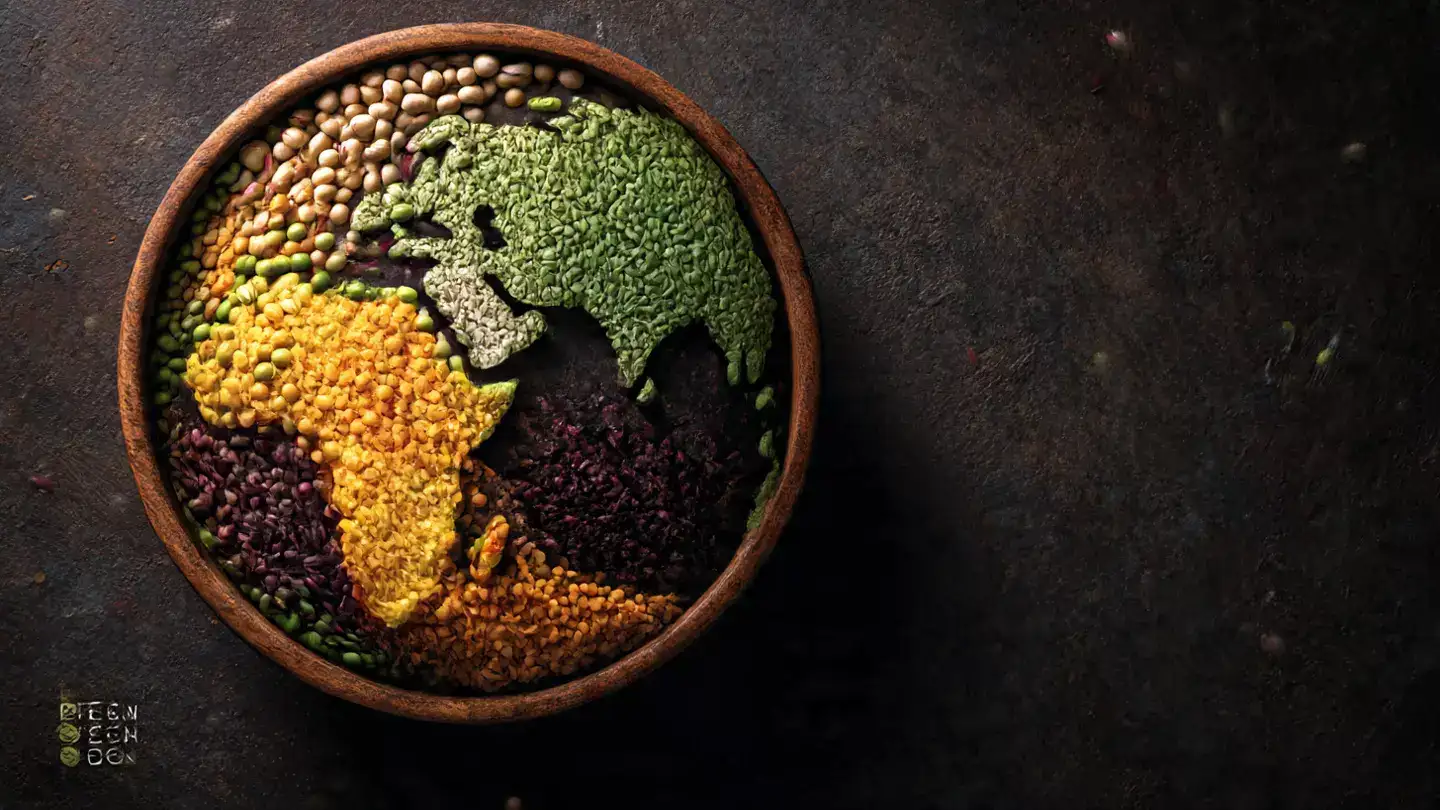
Tofu’s versatility adds to its popularity — it can be grilled, sautéed, or blended into curries, mimicking the texture and flavour absorption of paneer. For those lactose-intolerant or seeking vegan options, tofu serves as an ideal substitute. Experts point out that while paneer remains deeply rooted in Indian food culture, tofu’s rise represents a wider acceptance of global plant-based trends adapted to local tastes.
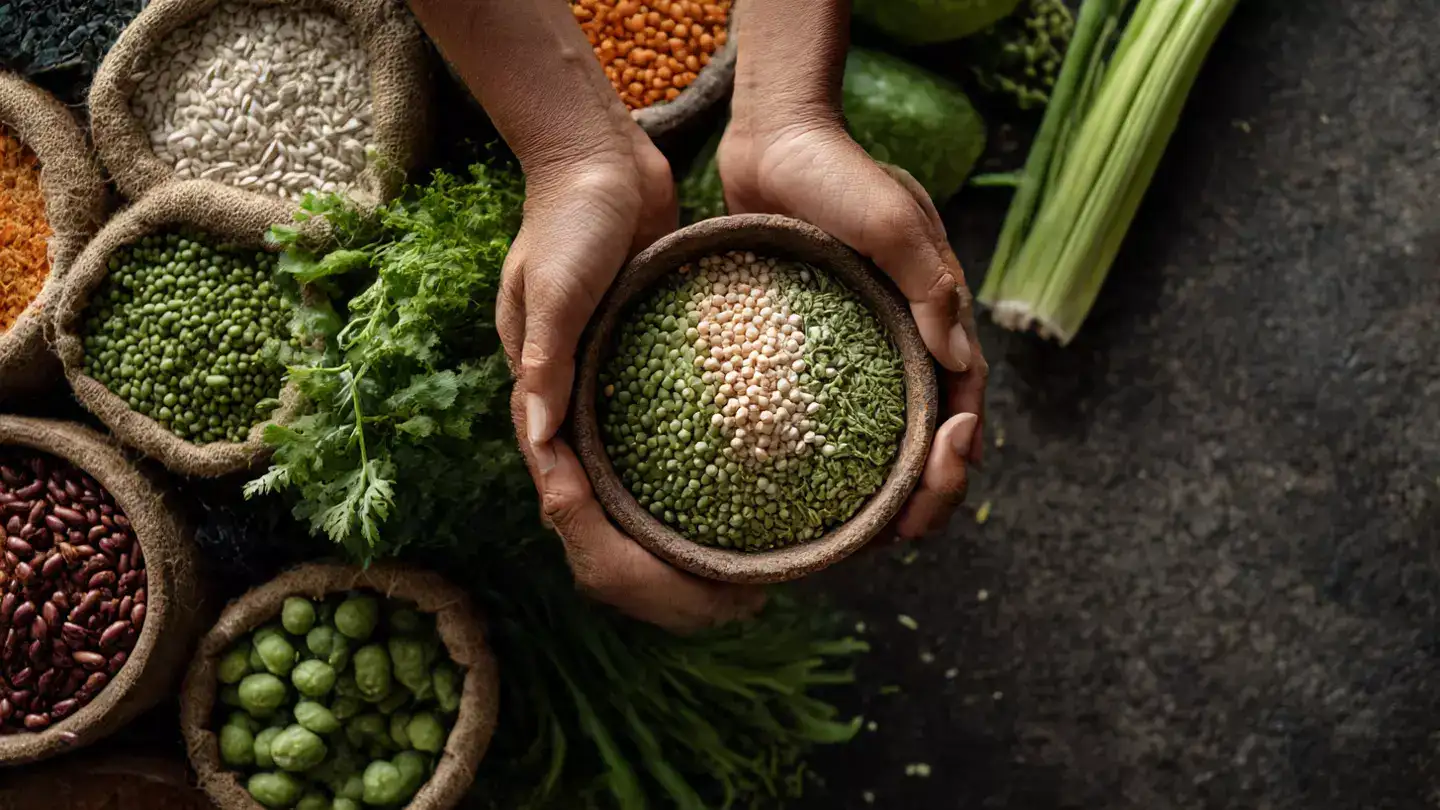 Image Courtesy: Meta AI
Image Courtesy: Meta AI
Moreover, the growing fitness culture and the popularity of vegan diets among athletes and celebrities have further popularised tofu and similar plant proteins. Social media trends around mindful eating and sustainable living have also amplified awareness, helping people connect dietary choices with overall wellbeing.
Ethical considerations are equally significant. With increased attention on animal welfare and sustainable farming, many Indians are rethinking the role of dairy in their diet. Although paneer remains a staple, more households are now exploring tofu and other non-dairy proteins to align their food habits with their values.
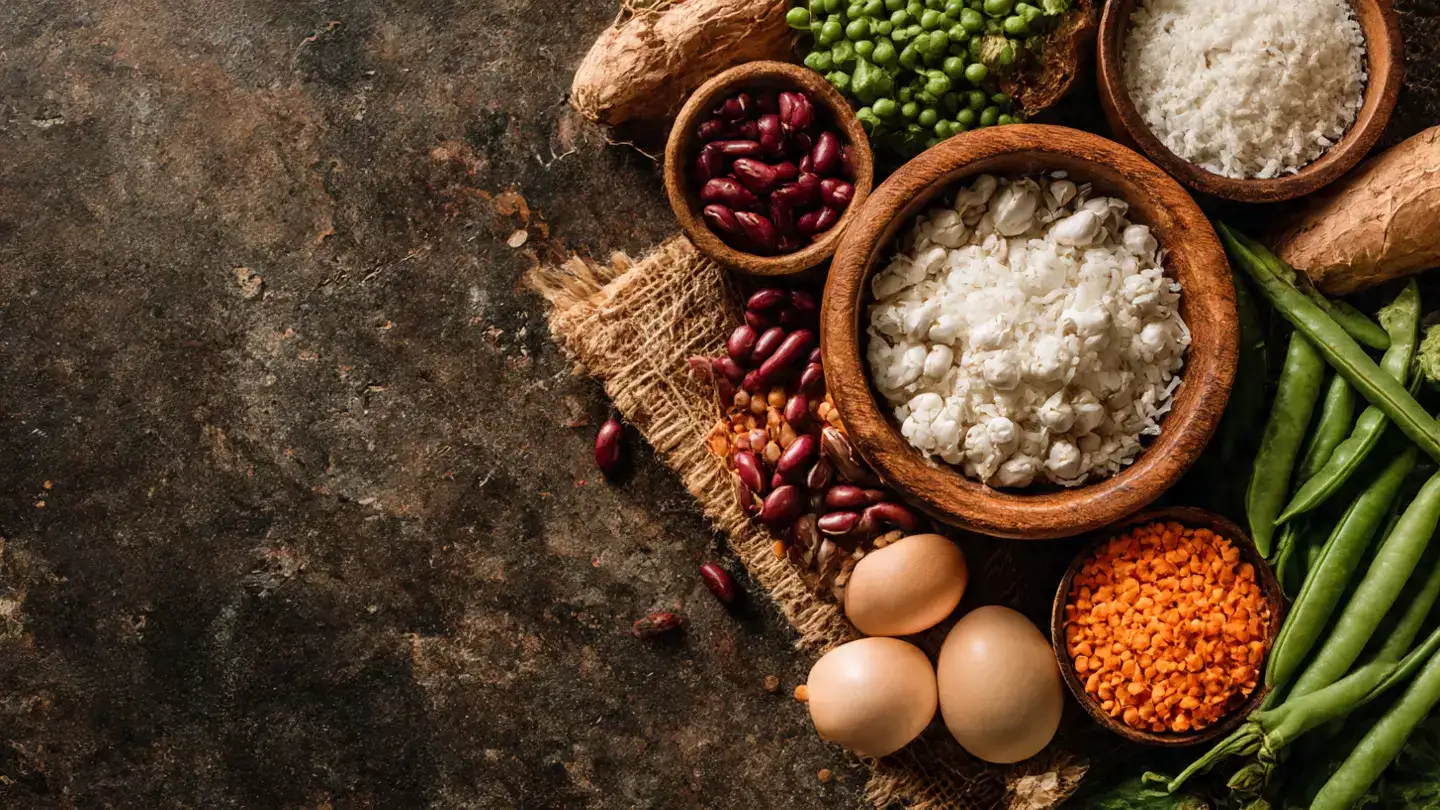
In metropolitan cities, plant-based cafes and vegan food brands are further driving this culinary evolution. Tofu, soy milk, almond curd, and plant-based meat alternatives are now widely available across supermarkets, indicating a permanent shift in consumption habits. The move from dairy-heavy meals to plant-forward plates reflects a growing desire for health, sustainability, and global awareness in Indian food choices.
In the coming years, advancements in food technology and local production of plant-based proteins are likely to make these options even more accessible and affordable. The trend isn’t about replacing paneer altogether but about expanding choices, allowing consumers to balance tradition with modern, sustainable nutrition.


The Growing Appeal Of Sustainable Eating
In recent years, the Indian diet has witnessed a steady shift towards conscious consumption. The awareness that food choices directly impact the planet has inspired many to look beyond traditional sources like meat, eggs, and dairy. As experts explain, producing animal-based protein involves higher resource use — from water to land — compared to plant-based alternatives. This realisation has led urban consumers, particularly millennials and Gen Z, to opt for sustainable, cruelty-free, and environment-friendly foods.
This movement aligns naturally with India’s long-standing vegetarian ethos. While the country has always celebrated lentils, beans, and cottage cheese, tofu — a soy-based protein — has become a modern addition to this traditional list. It offers an eco-friendly and nutritious solution to India’s growing protein gap, catering to both vegetarians and those looking to reduce their carbon footprint.

From Dairy Comfort To Plant Power
Paneer has been a symbol of comfort and celebration across Indian households, but tofu is fast catching up as a healthier, more sustainable alternative. Made from soy milk, tofu contains all nine essential amino acids, making it a complete protein source. It is also naturally low in saturated fat and cholesterol-free, unlike dairy-based paneer.Tofu’s versatility adds to its popularity — it can be grilled, sautéed, or blended into curries, mimicking the texture and flavour absorption of paneer. For those lactose-intolerant or seeking vegan options, tofu serves as an ideal substitute. Experts point out that while paneer remains deeply rooted in Indian food culture, tofu’s rise represents a wider acceptance of global plant-based trends adapted to local tastes.

Health And Nutrition Drive The Change
Health consciousness among urban Indians has played a major role in this protein shift. With rising cases of lifestyle-related ailments such as obesity, diabetes, and cardiovascular issues, people are prioritising leaner, protein-rich diets. Nutritionists often recommend incorporating plant-based proteins like tofu, soy chunks, quinoa, and chickpeas for their high nutrient density and easier digestibility.Moreover, the growing fitness culture and the popularity of vegan diets among athletes and celebrities have further popularised tofu and similar plant proteins. Social media trends around mindful eating and sustainable living have also amplified awareness, helping people connect dietary choices with overall wellbeing.
The Environmental And Ethical Angle
Beyond personal health, environmental impact has become a decisive factor for many modern consumers. Producing tofu requires significantly fewer natural resources than dairy or meat. The carbon footprint of soy-based protein is considerably lower, making it an environmentally responsible alternative.Ethical considerations are equally significant. With increased attention on animal welfare and sustainable farming, many Indians are rethinking the role of dairy in their diet. Although paneer remains a staple, more households are now exploring tofu and other non-dairy proteins to align their food habits with their values.

Culinary Adaptation Across India
Indian cuisine, known for its adaptability, has embraced tofu in creative ways. From tofu tikka and tofu butter masala to stir-fries and salads, chefs and home cooks are experimenting with diverse recipes. Some restaurants even offer fusion dishes where tofu replaces paneer without compromising on flavour.In metropolitan cities, plant-based cafes and vegan food brands are further driving this culinary evolution. Tofu, soy milk, almond curd, and plant-based meat alternatives are now widely available across supermarkets, indicating a permanent shift in consumption habits. The move from dairy-heavy meals to plant-forward plates reflects a growing desire for health, sustainability, and global awareness in Indian food choices.
The Future Of Protein In India
As awareness deepens, experts believe India’s protein consumption will continue evolving towards sustainability. The country’s traditional vegetarian foundation gives it a natural advantage in adopting plant-based innovations. Tofu’s rise signals a broader transition, from relying heavily on dairy to embracing diverse, eco-friendly, and globally inspired protein sources.In the coming years, advancements in food technology and local production of plant-based proteins are likely to make these options even more accessible and affordable. The trend isn’t about replacing paneer altogether but about expanding choices, allowing consumers to balance tradition with modern, sustainable nutrition.
Next Story